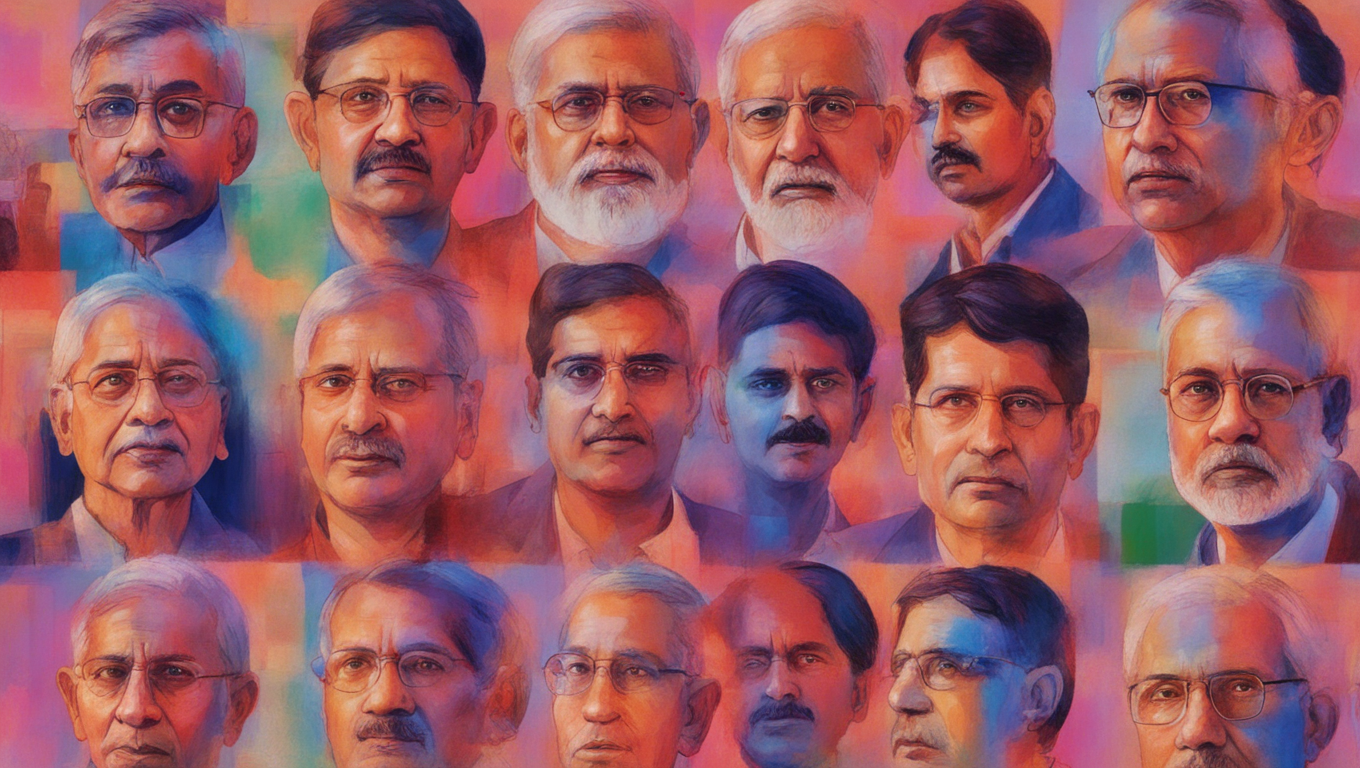The Election Commission of India (ECI) recently issued a warning to political parties about the potential misuse of artificial intelligence (AI) in creating deepfakes. The commission stressed the importance of maintaining the integrity of the electoral process and urged parties to promptly remove any deepfake content within three hours of being notified. In light of certain violations of the Model Code of Conduct (MCC), the ECI issued fresh directives to ensure responsible and ethical use of social media during election campaigns.
“The Commission once again directs with emphasis that all the political parties and their leaders must refrain from using in their campaigning any technological/AI-based tools which distorts information or spreads misinformation, which resultantly lowers the standards of electioneering,” stated the ECI in a notification.
The ECI also instructed parties to report unlawful information and fake user accounts to the respective platforms, and to escalate persistent issues to the Grievance Appellate Committee under Rule 3A of the Information Technology (Intermediary Guidelines and Digital Media Ethics Code) Rules, 2021. Legal provisions such as the Information Technology Act, 2000, the Indian Penal Code, and the Representation of the People Act, 1950 and 1951, along with the provisions of the Model Code of Conduct, are in place to address such violations.
The emergence of deepfakes, which are realistic and manipulated audio, video, or images created using AI technology, has raised concerns about their potential impact on democracy and elections. Deepfakes have the ability to spread misinformation and manipulate public opinion, leading to the erosion of trust and undermining the democratic process.
In the realm of politics, deepfakes have the potential to be used as a weapon of disinformation, with adversaries manipulating audio or video content to discredit political candidates, incite violence, or create confusion among voters. By impersonating individuals or altering their words and actions, deepfakes can deceive the public and distort reality.
The ECI’s warning serves as a reminder of the growing threat posed by deepfakes and the need for proactive measures to protect the democratic process. While AI offers numerous benefits and advancements, it also presents new challenges and ethical dilemmas. As the technology continues to evolve, it is essential for regulatory bodies, political parties, and society as a whole to stay vigilant and adapt to these emerging threats.
In recent years, there have been several instances of deepfake misuse during elections worldwide. In 2019, a deepfake video of Belgian politician Charles Michel went viral, showing him making controversial remarks. The video was later revealed to be a manipulated version of a speech he had given. Similarly, during the 2020 U.S. presidential campaign, deepfake technology was used to create manipulated videos of candidates, further blurring the line between truth and falsehood.
Experts and researchers have been working to develop tools and techniques to detect and combat deepfakes. However, the evolving nature of AI means that these technologies must continually adapt to stay ahead of those who seek to exploit them. Education and media literacy also play a crucial role in raising awareness about deepfakes and teaching people how to discern between real and manipulated content.
In conclusion, the ECI’s warning against the misuse of deepfakes highlights the importance of safeguarding democracy and the electoral process from the threats posed by AI technology. With the increasing sophistication of deepfakes, it is crucial for political parties, regulatory bodies, and society as a whole to take proactive measures to ensure the responsible and ethical use of technology. By staying vigilant and informed, we can protect the integrity of elections and preserve the trust of the public in our democratic institutions. As the ECI rightly emphasizes, “to ensure a level-playing field among all the stakeholders.”





Use the share button below if you liked it.